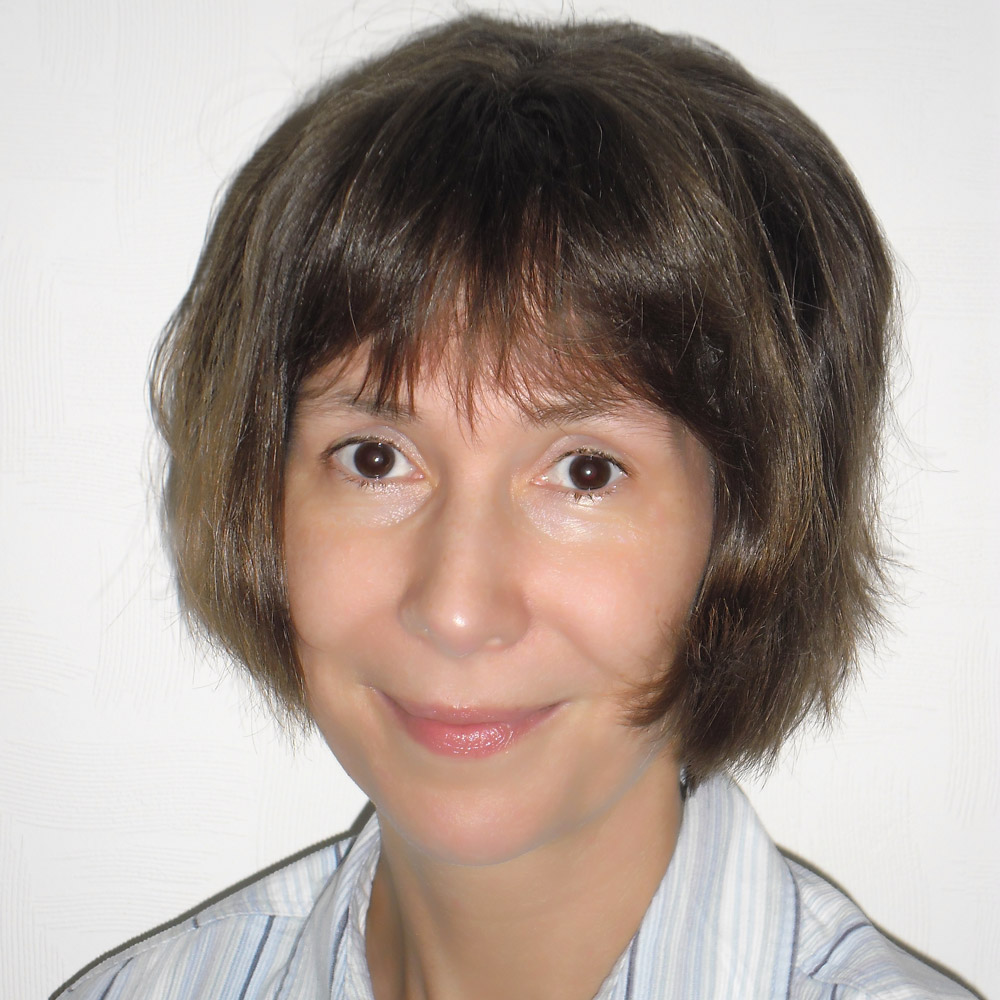Exploring the range of the human language capacity
All forms of language development – including language learning and use in later life – are an expression of the human capacity for language.
For a long time, it was assumed that language should be studied in an idealised context – people in the prime of life who had learned and used only one language from birth. Any differences from this pattern, either because a person was exposed to multiple languages or because they were more advanced in age when they encountered a new language, were seen as ‘noise’.
It is only relatively recently that researchers have acknowledged the importance of looking at language learners and users of all ages, including in the ‘third age’. This is what we do in this research cluster.


/ladeli---language-acquisition.jpg?h=250&w=500&crop=1&hash=625DDC52690D3EC0161FA639949E6A4A)



